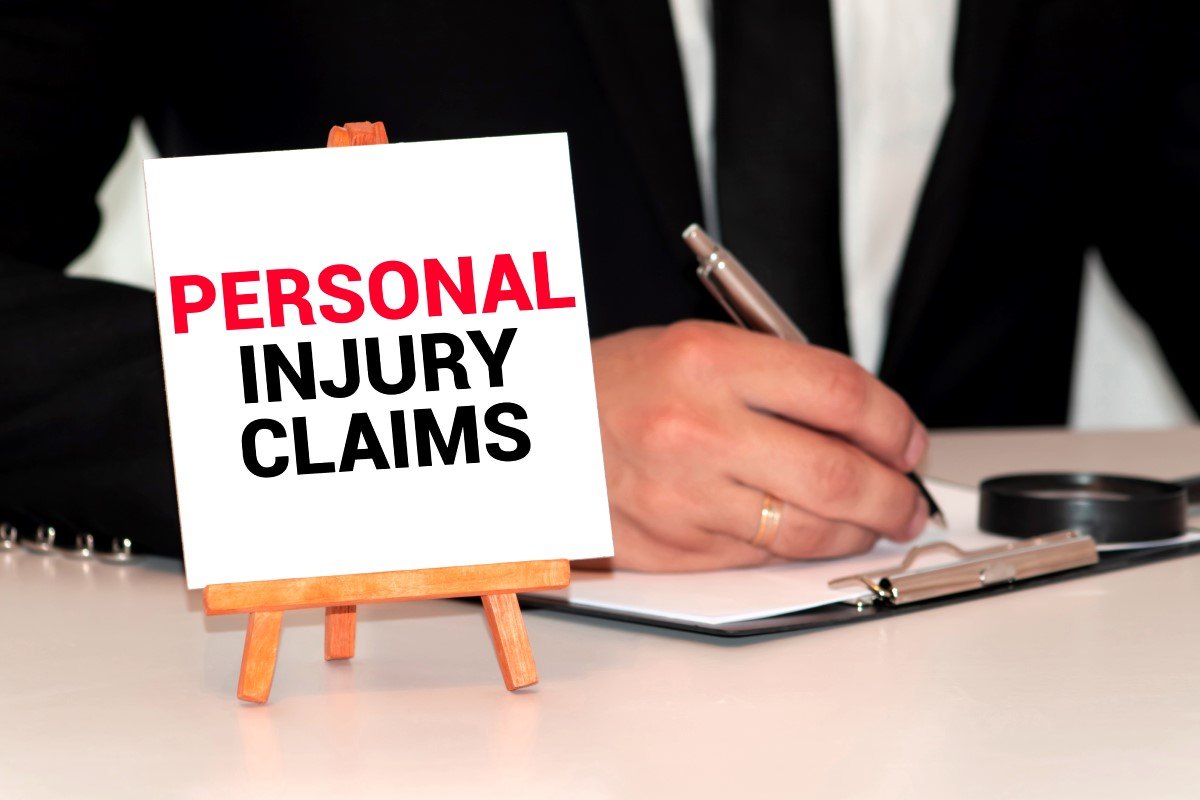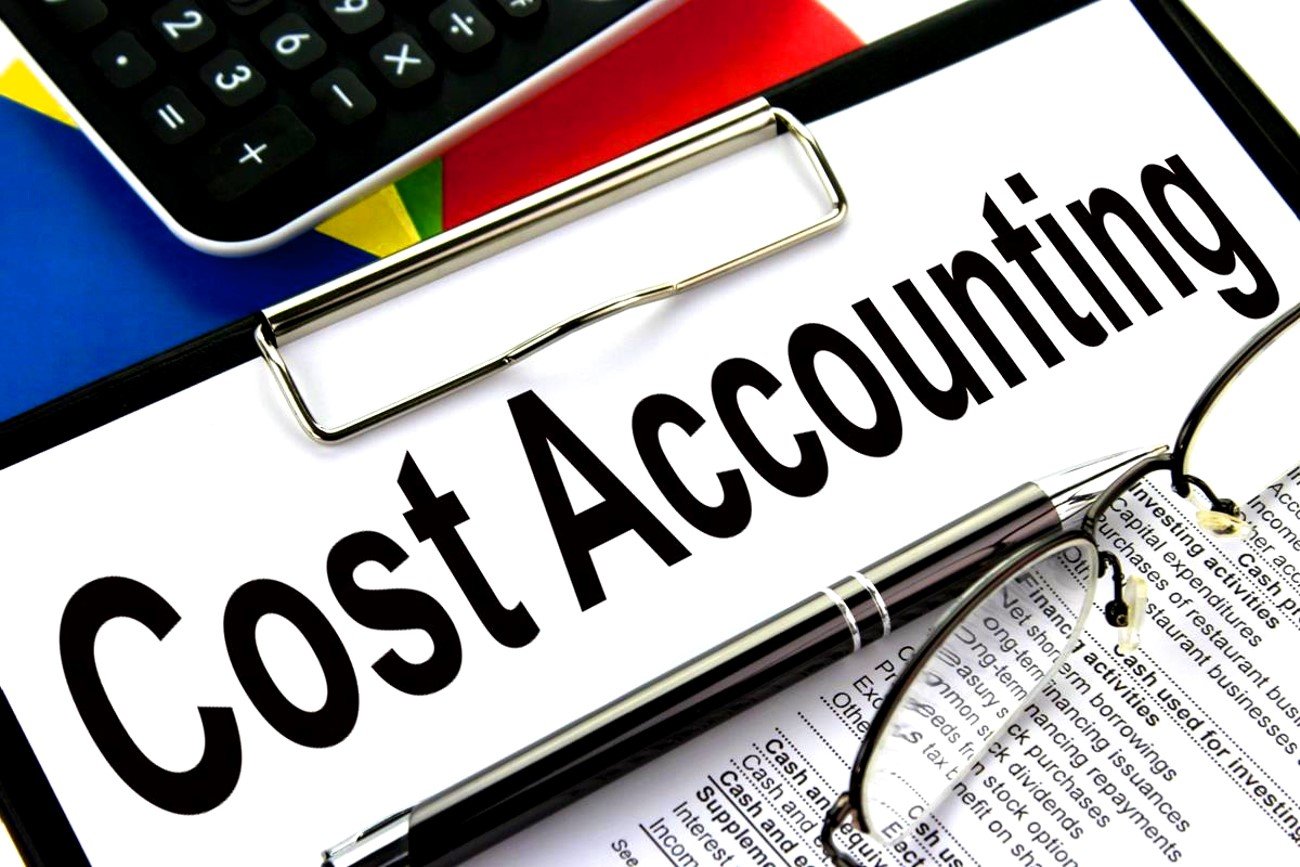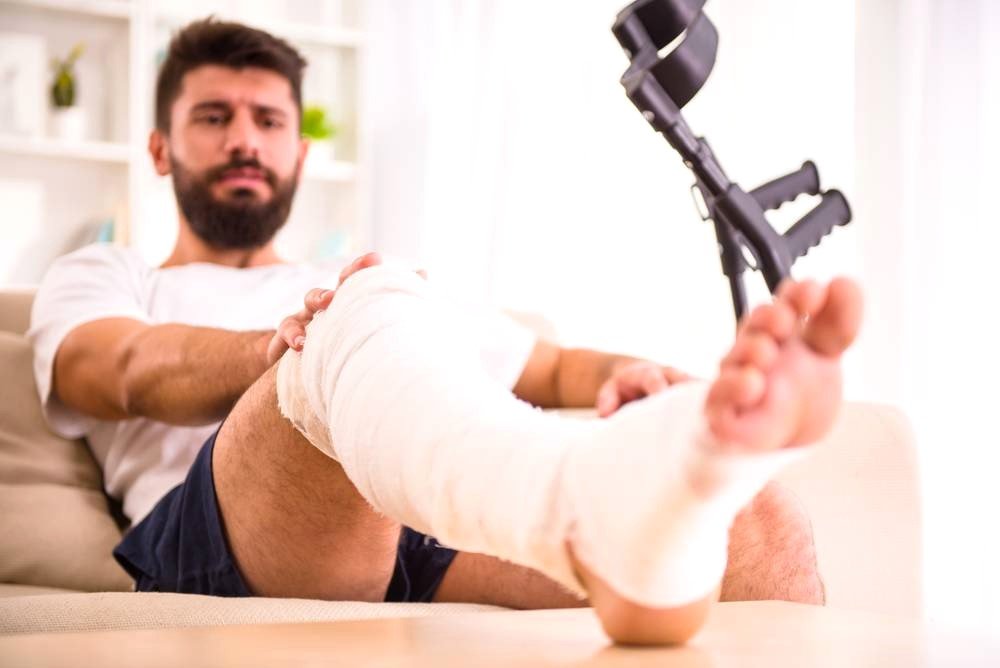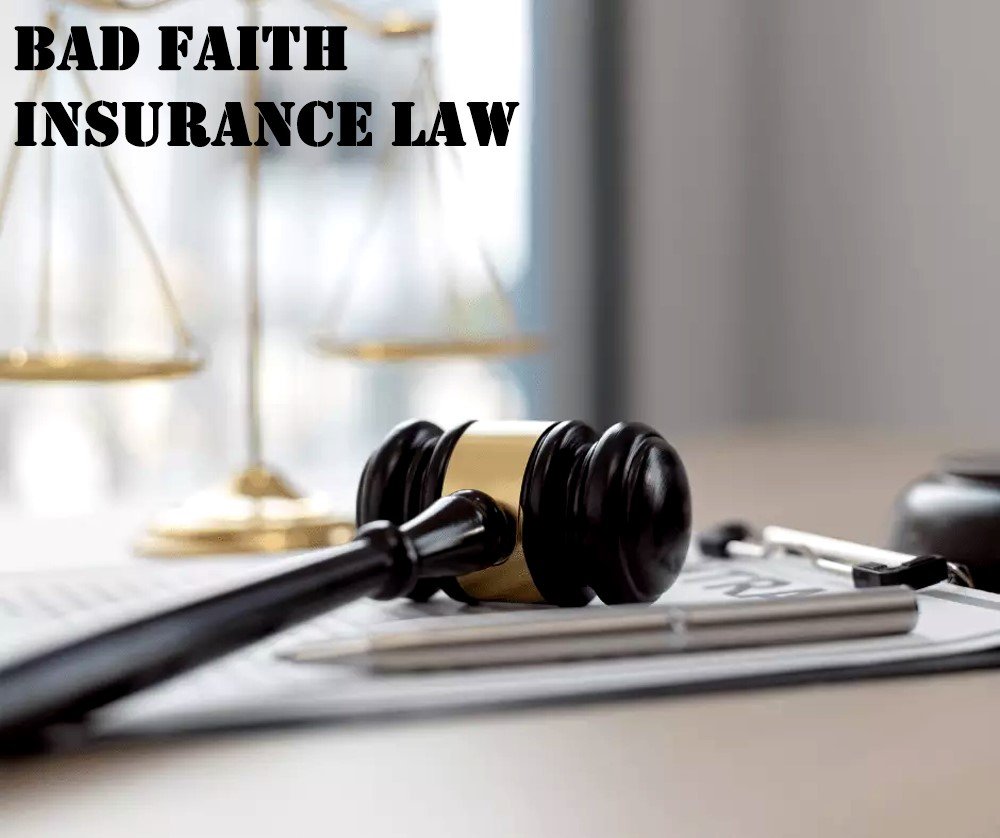Who Pays Personal Injury Claims After a Car Accident in UK

Car accidents are often harrowing experiences, and the aftermath involves not just physical and emotional recovery but also navigating the complex landscape of personal injury claims. Understanding who bears the responsibility for these claims in the UK is crucial. In this article, we will explore the intricacies of liability, the role of insurance companies, compensation avenues, and essential steps to take after a car accident.
Liability in Car Accidents
Determining liability is the cornerstone of personal injury claims. In the UK, fault is assigned based on negligence or strict liability. Negligence involves proving that the at-fault party failed to exercise reasonable care, while strict liability holds individuals responsible for certain actions, regardless of fault.
The Role of Insurance Companies
Insurance companies play a pivotal role in the aftermath of a car accident. The at-fault driver’s insurance is typically responsible for covering damages. It’s crucial to understand the responsibilities of the at-fault driver’s insurance, including compensating victims for medical expenses, property damage, lost wages, and pain and suffering.
No-fault insurance, although not prevalent in the UK, has implications in certain situations. It provides coverage for the policyholder’s injuries, regardless of who caused the accident. Understanding these nuances is essential for those involved in car accidents.
Compensation for Personal Injuries
Victims of car accidents are entitled to various forms of compensation to aid their recovery. Medical expenses, including hospital bills, rehabilitation costs, and ongoing treatment, are typically covered. Lost wages due to the inability to work during recovery are also compensable. Additionally, victims can seek compensation for pain and suffering, acknowledging the emotional toll of the accident.
Third-Party Claims
In cases where the at-fault driver is uninsured or underinsured, victims may face challenges in obtaining full compensation. However, pursuing third-party claims against other involved parties, such as employers or vehicle owners, can provide additional avenues for recovery.
Government Compensation Schemes
The UK has government compensation schemes in place to assist victims in specific situations. These schemes often apply to cases involving uninsured or unidentified drivers. Understanding the eligibility criteria and the application process is vital for individuals seeking compensation through these avenues.
Time Limitations for Filing Claims
Time is of the essence when it comes to personal injury claims. The statute of limitations in the UK dictates the timeframe within which a claim must be filed. Failing to adhere to these timelines can result in the loss of the right to seek compensation. Therefore, prompt action is crucial to ensuring a smooth claim process.
Legal Assistance
Navigating the legal complexities of personal injury claims can be challenging. Hiring a personal injury lawyer is not mandatory, but it can significantly enhance the chances of a successful claim. Lawyers provide expertise in building a strong case, negotiating with insurance companies, and representing clients in court if necessary.
Common Myths about Personal Injury Claims
Misconceptions about personal injury claims abound. Dispelling common myths, such as the belief that all cases go to court or that hiring a lawyer is unnecessary, is essential. Accurate information empowers individuals to make informed decisions about their course of action.
Steps to Take After a Car Accident
The immediate aftermath of a car accident requires specific actions. Firstly, ensuring the safety of all parties involved and seeking medical attention is paramount. Reporting the incident to the police and documenting details such as contact information, insurance details, and the accident scene through photographs are crucial steps in building a strong case.
Documenting Evidence
Gathering evidence is instrumental in substantiating a personal injury claim. Photographs of the accident scene, damage to vehicles, and injuries, along with witness statements and medical records, provide a comprehensive picture of the incident. This evidence strengthens the claim and increases the likelihood of fair compensation.
Negotiating with Insurance Companies
Effective negotiation with insurance companies is an essential skill. Victims should be prepared to present their case clearly, providing documentation and evidence to support their claims. Understanding the value of the claim and being open to negotiation can lead to fair settlements without the need for protracted legal battles.
Going to Court
In instances where negotiations fail to yield satisfactory results, going to court becomes a possibility. Understanding the process, preparing a robust case, and having legal representation are crucial in navigating the court system. While court cases can be lengthy, they may be necessary to ensure fair compensation.
Case Studies
Real-life examples of personal injury claims serve as valuable lessons. Examining cases with various outcomes provides insight into the factors that influence the claims process. These case studies offer a practical understanding of the challenges and successes individuals may encounter.
Conclusion
In conclusion, navigating personal injury claims after a car accident in the UK requires a comprehensive understanding of liability, insurance roles, compensation avenues, and legal considerations. Armed with this knowledge, individuals can make informed decisions to secure the compensation they deserve and facilitate their recovery.
FAQs
- How long do I have to file a personal injury claim after a car accident?
- The statute of limitations in the UK typically requires filing within a specific timeframe, often three years. It’s crucial to act promptly to avoid complications.
- What if the at-fault driver is uninsured?
- In such cases, pursuing compensation through third-party claims or government compensation schemes may be viable options.
- Is hiring a personal injury lawyer necessary?
- While not mandatory, hiring a lawyer can significantly improve the chances of a successful claim and ensure fair compensation.
- Can I negotiate directly with the insurance company?
- Yes, you can negotiate directly, but having legal representation can enhance your negotiation position.
- What evidence should I gather after a car accident?
- Collect evidence such as photographs, witness statements, and medical records to strengthen your personal injury claim.







